Egyptian Foreign Minister Dr Badr Abdelatty, while speaking with Firstpost Managing Editor Palki Sharma, discussed strengthening bilateral economic and defence ties and shared visions for a multipolar world. Egyptian FM calls India a “natural partner” in regional security and defence cooperation.
He emphasised that Egypt is optimistic about the $12 billion trade target with India and is exploring green energy investments as both countries aim to double trade and expand investments in green hydrogen, AI, and Industry 4.0.
He is in New Delhi for the first strategic dialogue between India and Egypt since the two nations elevated their relationship to a “strategic partnership” in 2023.
Abdelatty’s ‘very successful visit’
In a wide-ranging conversation with Firstpost’s Palki Sharma, Dr Abdelatty described his visit as “very successful,” highlighting the deep historical ties between the two ancient civilisations. “Now is the time to build on this strong foundation to look ahead. This visit marks the first strategic dialogue since our leaders agreed to elevate our relationship to a strategic partnership in 2023. I carried a verbal message from President Abdel Fattah El-Sisi to his close friend, Prime Minister Narendra Modi,” he said.
Opening new horizons in trade and cooperation: Abdelatty
Dr Abdelatty said the dialogue would open new horizons not only politically, but also in trade, investment, and economic cooperation, while deepening consultations on regional and global issues. He added that both countries share objectives in upholding multilateralism, international law, humanitarian principles, and the UN Charter, and agreed on the need to reform the UN Security Council and the global financial architecture.
Bilateral trade ambitions
On India-Egypt trade, he expressed optimism about reaching the ambitious $12 billion target over the next five years. “I believe it is absolutely achievable—with strong political will, sincere efforts by the competent authorities, and mutual interest. This is a win-win relationship,” he said.
Abdelatty highlighted sectors such as chemicals, pharmaceuticals, infrastructure, food security, and manufacturing, as well as new areas like digitalisation, Industry 4.0, AI, and renewable energy.
He said that he also met with CEOs of Indian companies interested in investing in Egypt, particularly in green ammonia and green hydrogen, noting Egypt’s strategic location as a hub connecting Africa and Europe.
‘Both nations collaborate…’: Abdelatty on strengthening defence cooperation
On defence cooperation, Dr Abdelatty called the partnership “excellent,” citing India’s Defence Minister’s visit to Egypt last year and India’s participation with 700 soldiers in the Bright Star exercise alongside around 40 other countries. He said both nations collaborate on training, capacity building, and potential joint manufacturing projects.
Regional security and strategic balancing
Discussing the broader security framework across West Asia and the Indo-Pacific, Dr Abdelatty said Egypt follows President Sisi’s “doctrine of strategic balancing,” which emphasises non-interference, respect for sovereignty, and avoidance of military alliances.
“We maintain strategic relations with Russia, China, the United States, the European Union, India, Brazil, and South Africa. Our approach is inclusive—open to cooperation with all,” he added. He stressed that security in South Asia, the Indo-Pacific, and the Middle East is interconnected, and that political and diplomatic solutions, rather than military ones, are key to resolving crises.
Impact Shorts
More ShortsOn regional connectivity, Dr Abdelatty said Egypt fully supports initiatives linking East and West, North and South, leveraging its strategic location and the Suez Canal. “We believe in complementarity, not competition. Integration—not rivalry—should be the goal,” he said. However, he emphasised that lasting normalisation in the region depends on resolving the Palestinian question.
‘Normalisation is not a substitute for resolving the Palestinian issue’
Regarding the ongoing crisis in Gaza, he said, “Without a political settlement, no project can progress. President Sisi has been clear, normalisation is not a substitute for resolving the Palestinian issue. Even if Israel normalises ties with all Arab or Muslim countries, peace will not be sustainable without addressing this core issue based on internationally agreed parameters.”


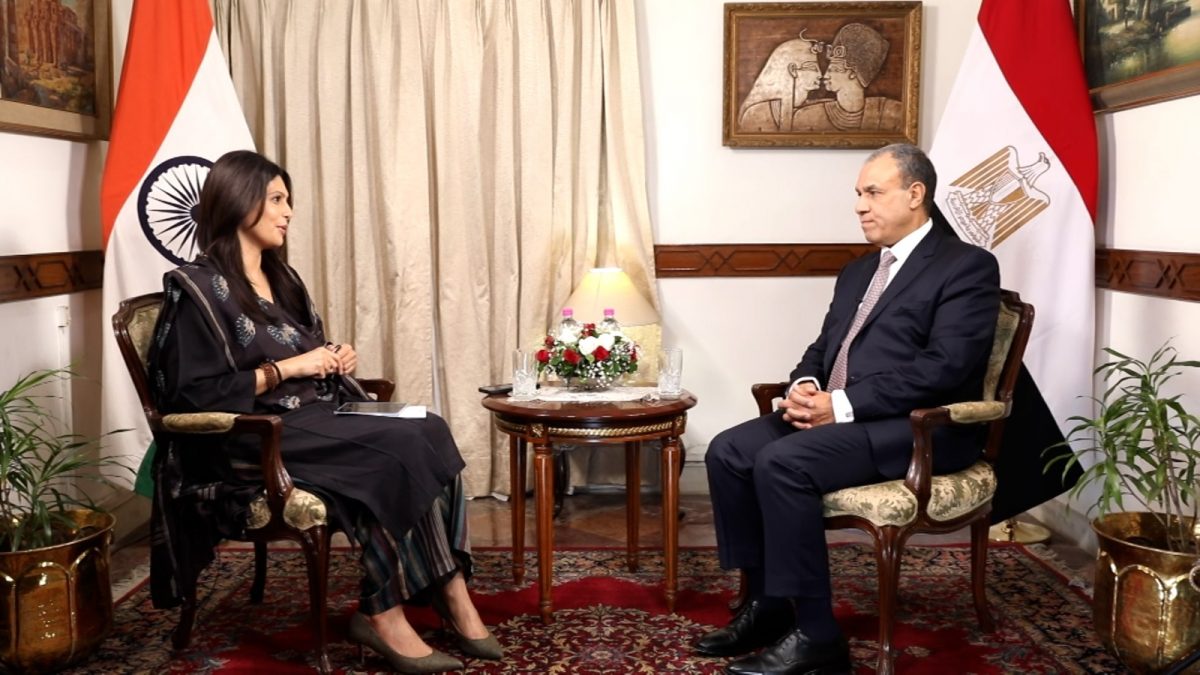)
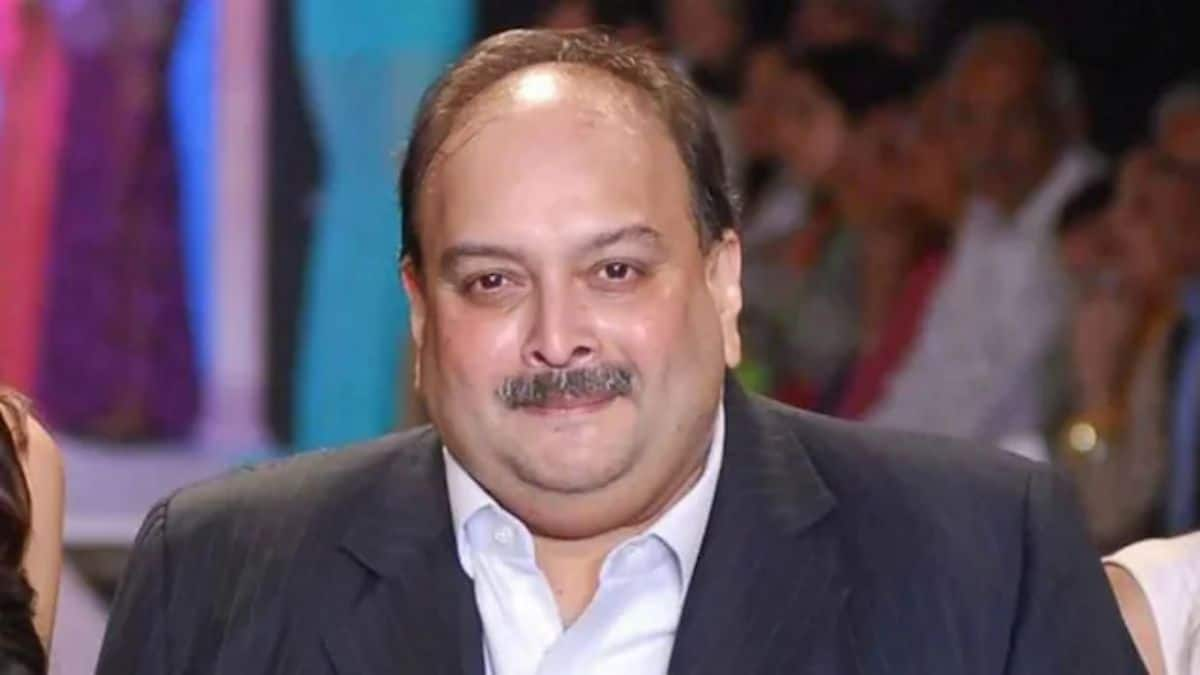
)
)
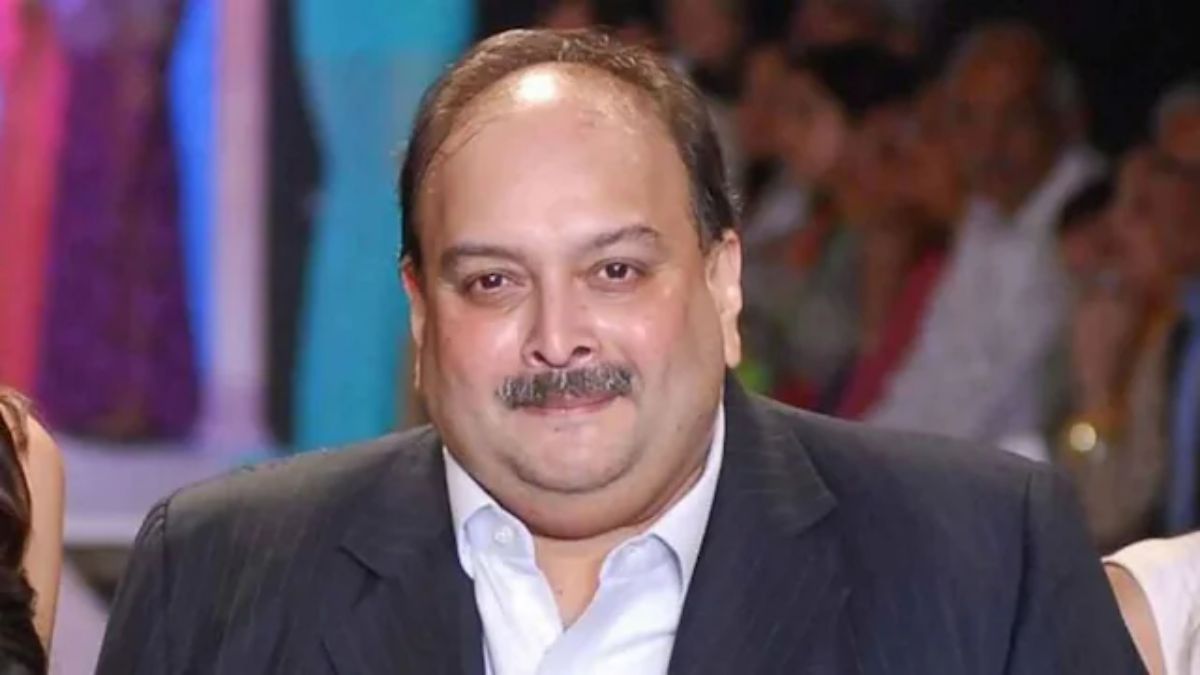)
)
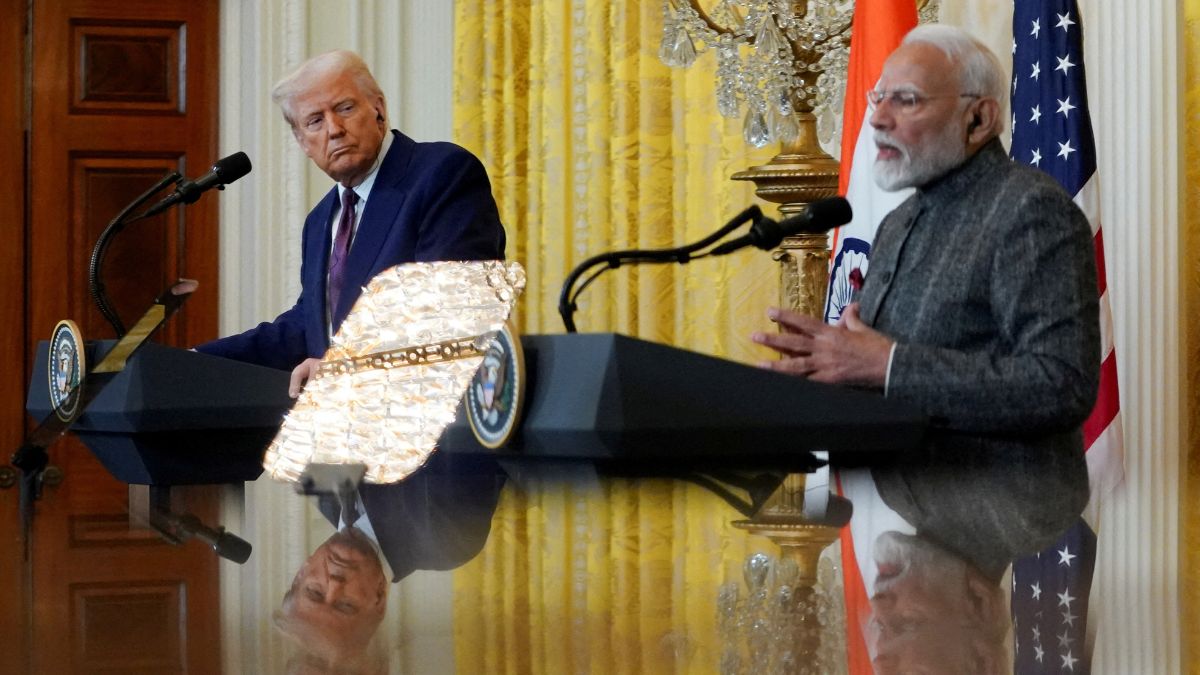)
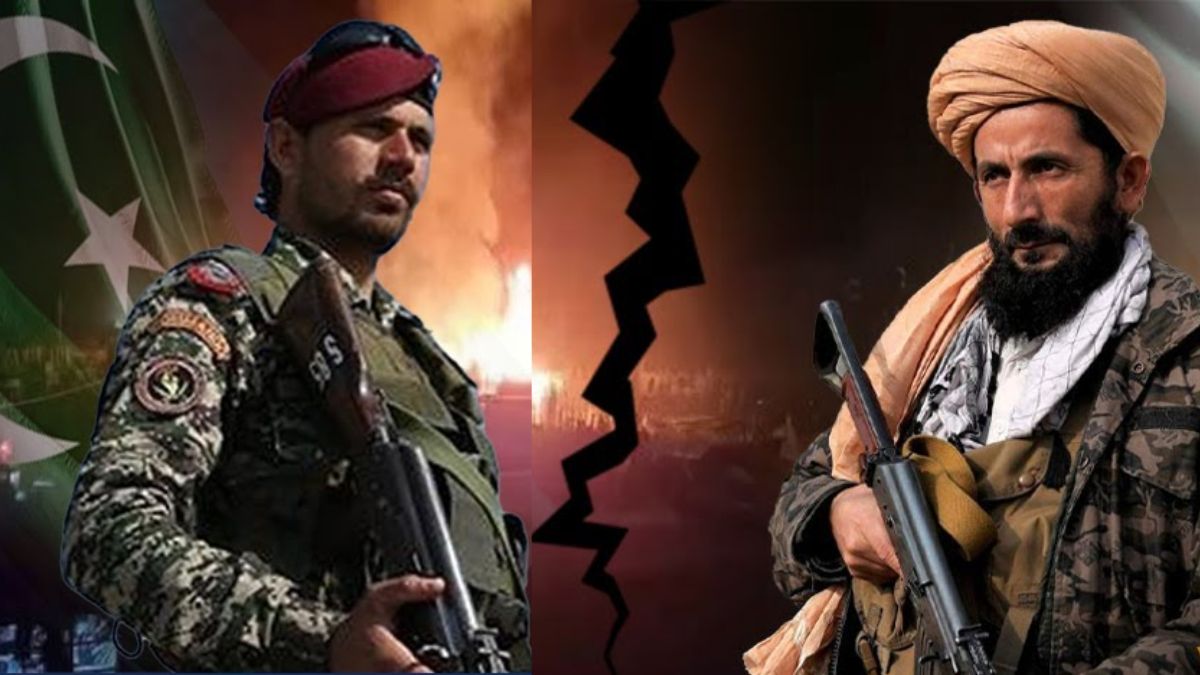)
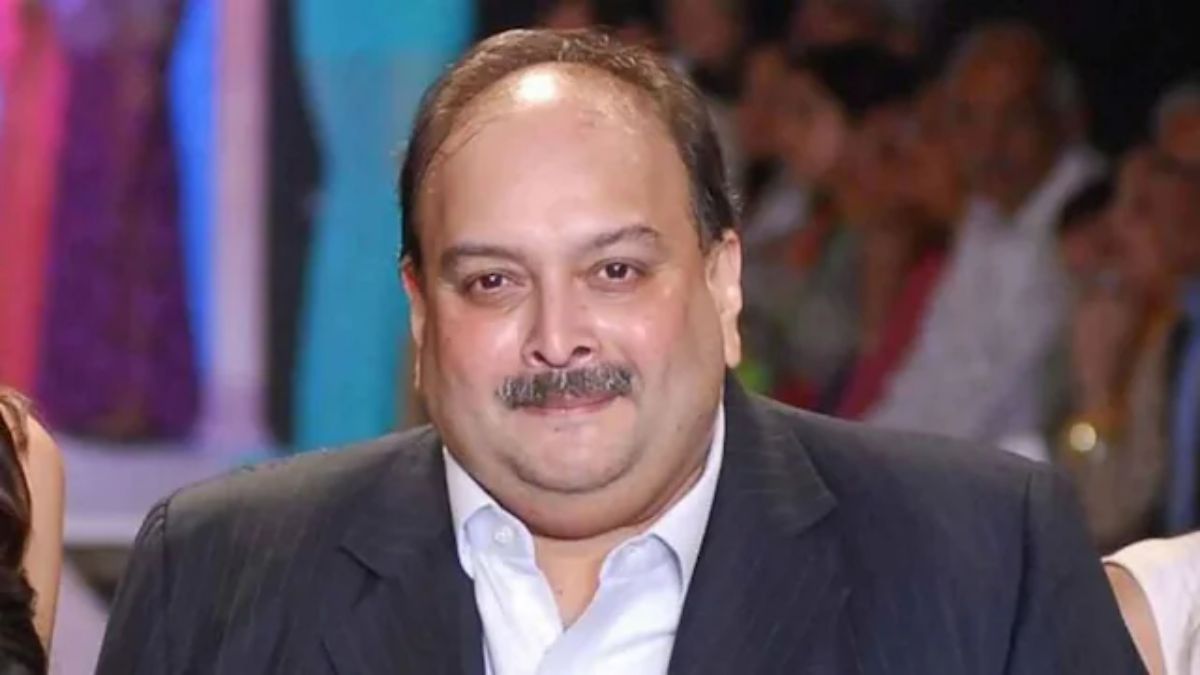)
)



